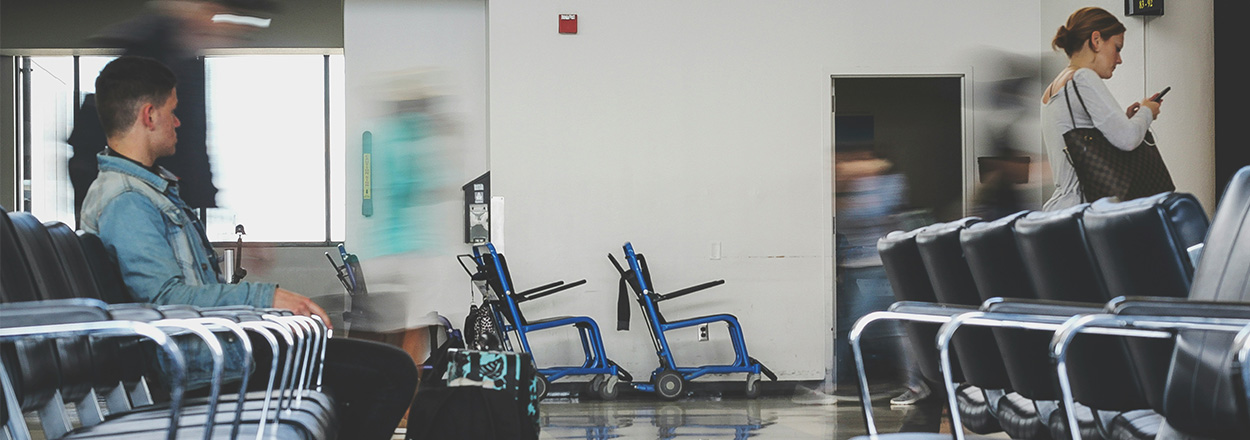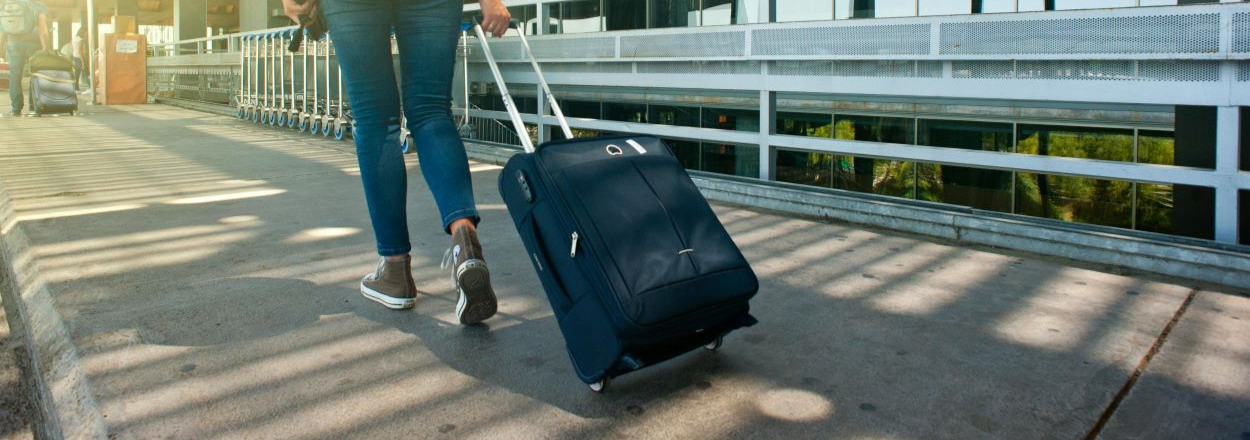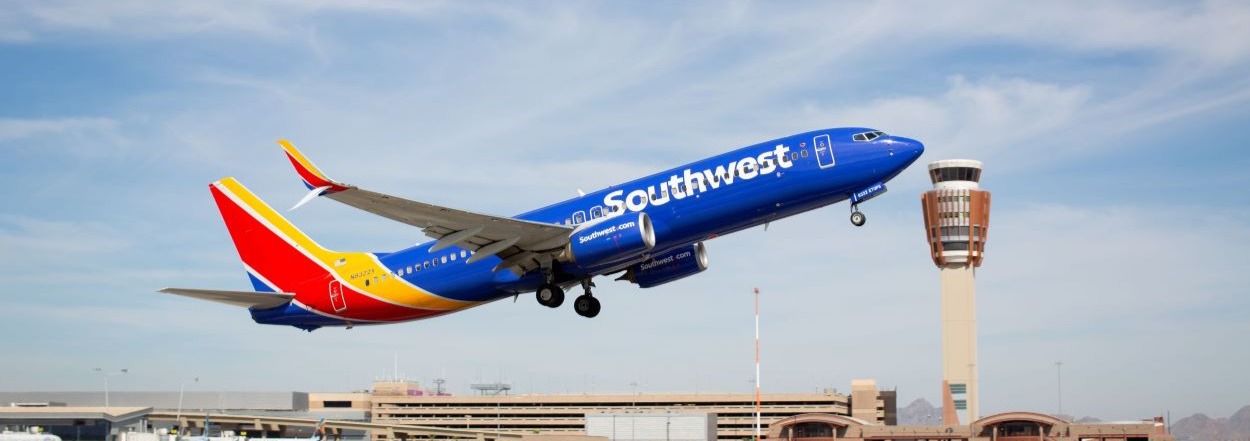Did you know an estimated 5.5 million Americans use a wheelchair? Of those people, many encounter barriers when it comes to travel — especially when flying. According to data from the U.S. Department of Transportation (DOT), in 2023, a reported 11,527 wheelchairs and scooters were mishandled by carriers. That’s a staggering number. Luckily, thanks to a new proposed rule that would ensure airline passengers who use wheelchairs can travel safely and with dignity, the DOT intends to make things right.
According to the DOT, the rule would set new standards for prompt, safe and dignified assistance through mandated enhanced training for airline employees and contractors who assist passengers with disabilities, handle passengers’ wheelchairs and specify the actions airlines must take to protect passengers when a wheelchair is damaged during transport. Additionally, the proposed rule would make it easier for the DOT to hold airlines accountable when they damage or delay the return of a wheelchair by ruling it an automatic violation of the Air Carrier Access Act (ACAA) to mishandle mobility aids.
“There are millions of Americans with disabilities who do not travel by plane because of inadequate airline practices and inadequate government regulation, but now we are setting out to change that,” said U.S. Transportation Secretary Pete Buttigieg. “This new rule would change the way airlines operate to ensure that travelers using wheelchairs can travel safely and with dignity.”
If passed, the rule would represent the most significant expansion of rights for airline passengers who use wheelchairs since 2008. According to the DOT, the rule would take major actions in three key areas outlined below:
Penalties and Remedies for Wheelchair Mishandling
Airlines that mishandle mobility devices, like wheelchairs, would be issued an automatic violation of the ACAA. Mishandled is defined by the rule as being lost, delayed, damaged or stolen. Additionally, airlines would be required to immediately notify passengers of their right to file a claim, receive a loner wheelchair, choose a preferred vendor for repairs or replacements and have a Complaints Resolution Officer available to help.
Safe, Dignified and Prompt Assistance
Under the new rule, airline employees would undergo enhanced annual training, including hands-on training, to better assist travelers with wheelchairs. When delayed, airlines would be required to transport wheelchairs to the passenger’s final destination within 24 hours of arrival by whatever means possible. Additionally, all assistance from airline employees provided to travelers with disabilities must be safe and dignified to prevent physical injuries and emotional distress including when enplaning, deplaning a while moving through airport terminals. If requested, the rule would also require passengers’ personal wheelchairs to be available as close as possible to the door of an aircraft to the maximum extent possible.
Improved Standards on Planes
On board, the new rule proposes improved performance standards for wheelchairs on twin-aisle aircraft and small aircraft to align with existing standards on single-aisle aircraft with 125 seats or more. Additionally, airlines would be required to notify passengers when their wheelchairs have been loaded and unloaded and notify passengers immediately upon learning their wheelchair doesn’t fit on the plane.
In addition to the above actions, the proposed rule will seek comments on two additional issues — size standards for lavatories on twin-aisle aircraft and reimbursement of airfare difference. Members of the public hoping to learn more or provide feedback on the proposed rule can visit the DOT’s website. Additionally, travelers can learn about their rights while in the air here, or they can file a complaint with the DOT here.
This latest proposal comes after the finalization of a rule requiring airline lavatories to be accessible to people with disabilities in July 2023. Additionally, in 2022, the DOT established the first Airline Passengers with Disabilities Bill of Rights which was designed to educate passengers on their rights while traveling. Up next, the DOT hopes to establish a future rule that will address passengers staying in their own wheelchairs upon taking to the skies.






comments